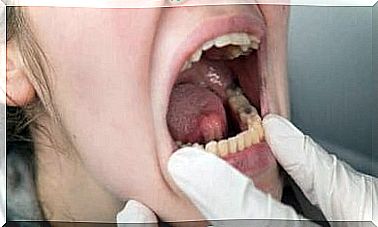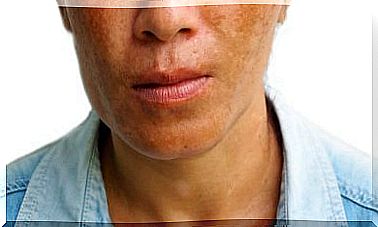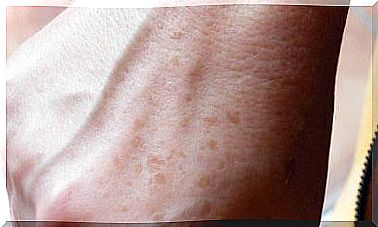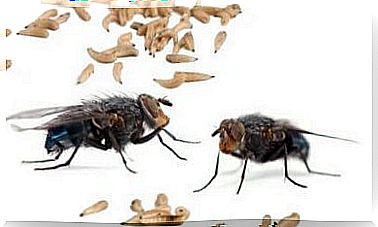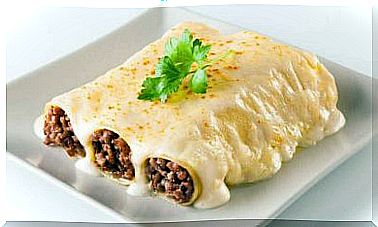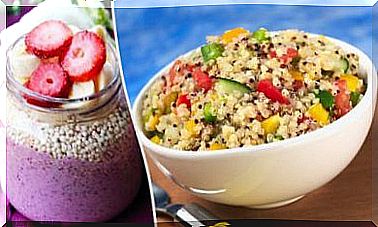Why Is Zinc So Important In The Diet?
The importance of zinc in human health was first described in the 1960s with the publication of studies highlighting the possible relationship between zinc deficiency and nutritional dwarfism in adolescents.
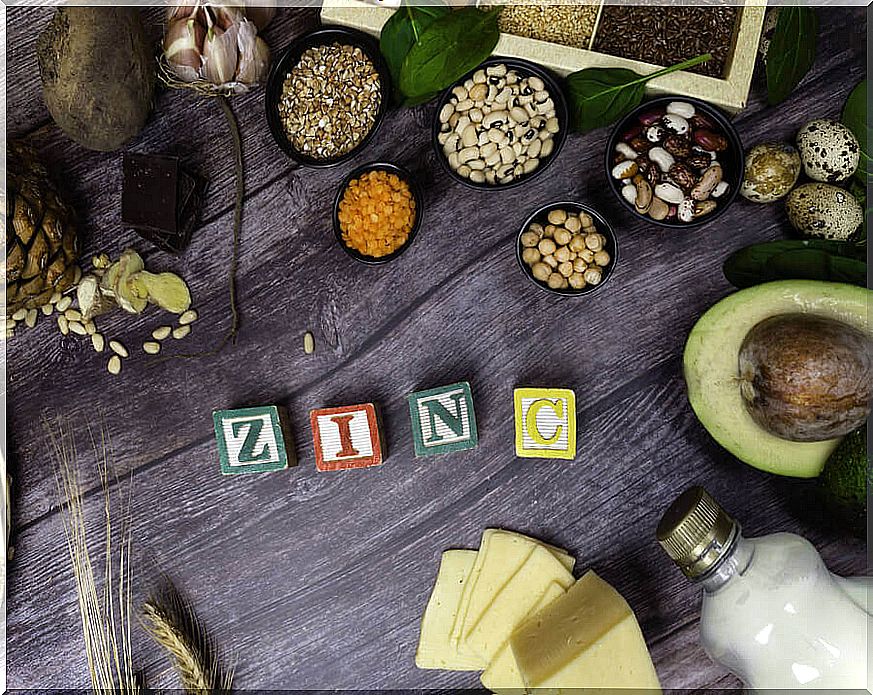
As part of a healthy diet, we often forget the importance of minerals, such as zinc, for example. We don’t give it the importance it should have.
This is because a lack of minerals can lead to health problems if the situation continues and is left untreated. Although there are multiple minerals essential for good health, our focus today is on zinc and the importance of increasing its intake.
What is Zinc
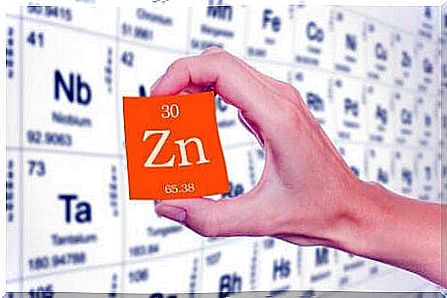
As we already know, zinc is a mineral. It is a trace element. In other words, a substance of which small quantities are necessary for the proper functioning of the body.
This mineral is found in all cells of the body and is essential for the regeneration of cell tissue as well as for DNA synthesis, among other functions.
Zinc is also useful for the senses of smell and taste. During pregnancy, breastfeeding and childhood, the body needs this trace element to develop properly.
On the other hand, zinc:
- Increases the effect of insulin, a hormone produced by the pancreas which is responsible for regulating the amount of glucose in the blood
- Intervenes in the synthesis of hormones such as testosterone
- Helps maintain healthy skin, hair and nails
- Strengthens the immune system’s defenses: for example, many cold and flu treatments use zinc supplements
In addition to all of these essential functions that zinc performs in the body, researcher Janet King and her team have made progress in this area. They demonstrated, through a study, that the benefits of increasing zinc in the diet were much more powerful than previously thought.
Zinc Deficiency Health Problems

The World Health Organization (WHO), in its 2002 health report based on food availability data by regions, estimates that zinc deficiency affects about a third of the world’s population.
Moreover, the importance of this mineral for human health was first described in the 1960s, with the publication of studies raising the possible relationship between a lack of zinc and nutritional dwarfism in adolescents.
Currently, clinical manifestations of zinc deficiency include:
- Small size
- Hypogonadism and infertility in men
- Skin disorders such as pustular dermatitis
- Alopecia
- Poor healing
- Deterioration of cognitive functions
- Diarrhea
- Impairment of cellular immunity leading to frequent infections
- Other
All of these manifestations of nutritional deficiency occur differently in those affected, and depending on the severity of the deficiency.
Zinc deficiency is estimated to be associated with 16% of upper respiratory tract infections and 10% of diarrheal disease episodes globally.
Main dietary sources of zinc: some recommended foods
In the rest of this article, we will discuss a series of foods that provide the necessary amounts of zinc in order to prevent the complications mentioned above. However, be aware that it is strongly recommended not to take supplements of this mineral if the doctor has not recommended it.
Indeed , an excess of this mineral can trigger, as in the case of a deficiency, health problems such as hypotension, seizures or pain in the joints.
Oysters
Like seafood in general, oysters are a food very rich in zinc. Indeed, a portion of 100 grams provides up to 182 milligrams of this trace element. In addition, oysters also provide significant amounts of iron and other nutrients needed by the body. Like for example omega-3 fatty acids or vitamins.
Dark chocolate
Cocoa is rich not only in antioxidants and magnesium, but also in zinc. Obviously, dark chocolate also has a high fat content as well as a high amount of calories. But, 30 grams of dark chocolate can also provide 3 milligrams of this mineral.
Red meats
Among red meats, lean beef is the one that offers the best zinc intake, with 6.2 grams of zinc per 100 grams of beef. In terms of zinc intake, after beef comes pork.
For all these reasons, a varied and balanced diet, which provides the right levels of trace elements, will allow us to enjoy good health, prevent deficiencies and enjoy its benefits.

